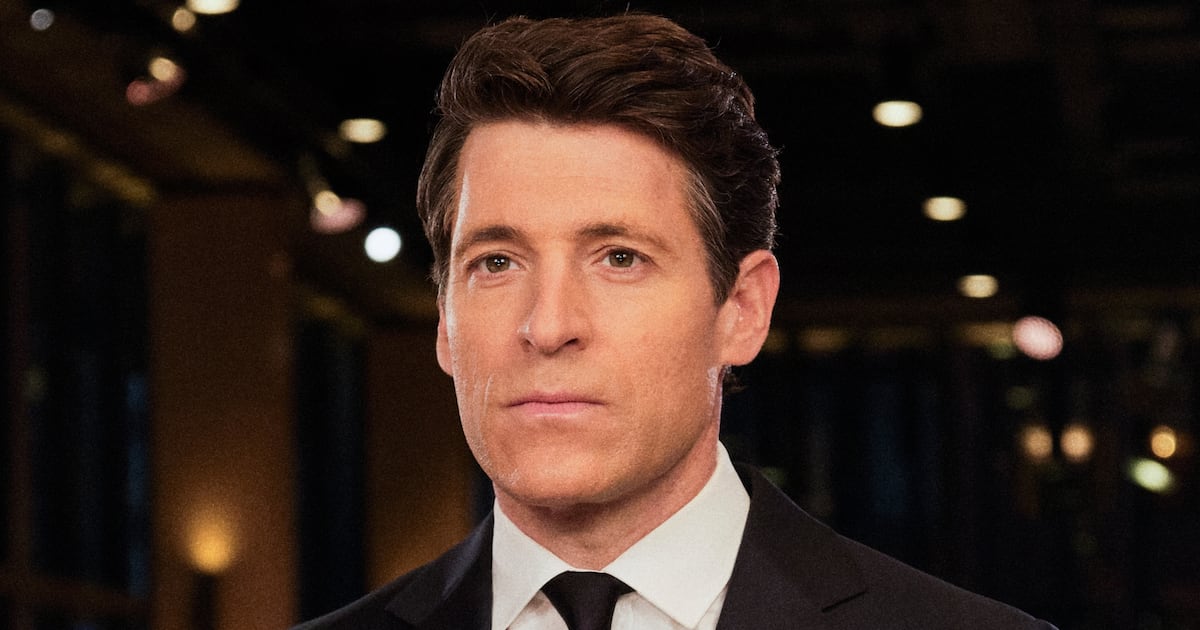When his 14-year-old golden retriever dies, Peter Els calls 911. The responding officers appear to understand the grief behind his erratic action but still want to take a look around the house. They're startled by "a large wooden frame, like a freestanding coat rack," in the living room, with "several sawn-off water-cooler bottles" hanging off it. It's a musical instrument, the retired college professor explains; he used to teach composition. Are you a songwriter? the police ask. "It's complicated," he tells them. "I don't write much anymore."
Then they stumble upon the chemistry lab in his study, and "complicated" becomes an understatement. The next two visitors are from the Joint Security Task Force; after they discover Els has been conducting experiments on Serratia marcescens, a common infectious bacteria, the next morning more federal agents show up to raid his suburban home.

Yet while it starts off with a thriller plotline—falsely accused bioterrorist on the run—Richard Powers's Orfeo constantly shifts gears, as Els's plight becomes the foundation for meditations on aging and a guided tour of 20th-century classical music. Just before he skips town, for example, Els drops by the local nursing home where he's been informally teaching a small group of senior citizens and introduces them to Olivier Messiaen's Quartet for the End of Time. In an extended essayistic passage, we learn how Messiaen composed the piece in a German POW camp, where it was premiered before an audience of guards and inmates in 1941.
That section ends with the revelation that Els was born just a few days later, but by then we've already seen ample evidence of how deeply music is hardwired into him. Though Els shows some aptitude for chemistry as a teenager and college undergraduate—"the pattern language of atoms and orbitals made sense in a way that little else but music did"—that same girlfriend encourages him to develop his creative gift, and he heads to the University of Illinois at Urbana-Champaign to pursue graduate studies in composition. Powers describes the Illinois campus (where he'd pursue undergraduate and graduate degrees a decade after he places Els there) as "a breeding ground for mutant musical strains surrounded by hundreds of miles of corn, soybean, and rural, religious America," and he forces Els to directly confront the tensions between the classical and the avant-garde—the fictional personal crisis made more inevitable by the historical reality of John Cage's arrival as a visiting professor starting in 1967.
At one point, Powers invokes Milton Babbitt's 1958 essay "Who Cares If You Listen?" In it, Babbitt argues that composers should consider "total, resolute, and voluntary withdrawal from this public world" in order to refine their art. Unable to fully resist the pressure of his peers and mentors, Els finds himself creating works that usually feature "more people onstage than in the audience." The one notable exception is an opera he composes about a 16th-century Anabaptist uprising in Münster, Germany that has its New York premiere in 1993 just as "a sect of property-sharing polygamists... somewhere in central Texas" squares off against the federal government.
The cameo appearances by Cage and the references to Waco are examples of how tightly Powers weaves the real world into his fiction. Even in the contemporary sequences, Els's troubles become linked to an actual outbreak of S. marcescens infections in Alabama in early 2011; though in reality the illnesses and deaths were clearly linked to contaminated medical supplies, in Orfeo an overzealous government and sensationalistic media speculate that Els may somehow be involved.
Which raises the question: Just what is Els up to, playing with the DNA of toxic organisms? He portrays himself as a mere hobbyist: "I audited a class," he tells a friend. "It's all pretty straightforward. No one seems to realize how easy." What he doesn't say, though—not out loud, at any rate—is that "science should have been the career, music just the hobby... He might have lived a useful life, contributed to the age's real creative venture. Genomics was right now learning how to read scores indescribably beautiful."
I've sometimes wondered if Powers, with his repeated probing of how our embodied consciousness experiences reality, might be a fan of the science fiction writer Philip K. Dick. Now I'm almost certain of it, as Els's underlying agenda closely echoes an early Dick short story, "The Preserving Machine." In both cases, the experiment spirals out of control—but what was a baroque fantasy a half century ago now becomes the basis for haunting psychological portraiture.
The interweaving obsessions with classical music and genetics recall Powers's The Gold Bug Variations (1991); the two novels could be seen as fractal reflections of each other. Both alternate between the past and the present; both feature Urbana-Champaign as a significant setting. (It's tempting to think their stories might overlap, but not quite.) Zooming in, we'll find the central characters each witnessed their fathers' deaths as adolescents and were emotionally transformed by the same classical works—including Mahler's Kindertotenlieder and Mozart's Jupiter Symphony.
You find these kinds of connections and parallels throughout Powers's work. The Gold Bug Variations also has a passing reference to Marian Anderson's 1939 concert at the Lincoln Memorial, which would become a focal point of his later novel The Time of Our Singing. And the themes of genetics and consciousness that suffuse Orfeo also drive the plots of his previous two novels, Generosity and The Echo Maker. (You might even argue that Els's periodic tweets are hyper-miniaturized versions of the essay sections of Powers's first novel, Three Farmers on Their Way to a Dance.)
Each time he revisits one of these central preoccupations, however, Powers uncovers new facets; for all the similarities mentioned above, Orfeo never feels like a retread of The Gold Bug Variations. The new novel is more densely packed, more intimate—and perhaps, for many readers, more inviting. Neal Stephenson once identified a trait in David Foster Wallace's nonfiction, "a touching, and for the most part well-founded, belief that you can explain anything with words if you work hard enough and show your readers sufficient respect." Spending time with Peter Els, especially as Powers tries to convey in prose the experience of listening to works like Steve Reich's "Memory" or Shostakovich's Fifth Symphony, we may be able to recognize a similar impulse. We may also come to realize that Babbitt was wrong: The vanguard of modern classical music isn't beyond our comprehension, not if we're willing to open ourselves up to it.






